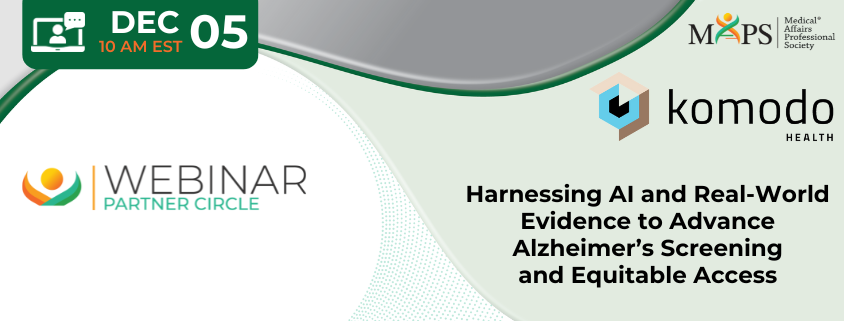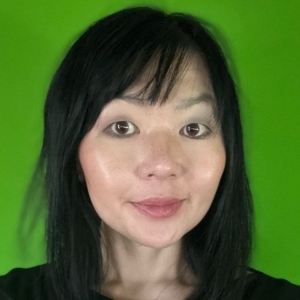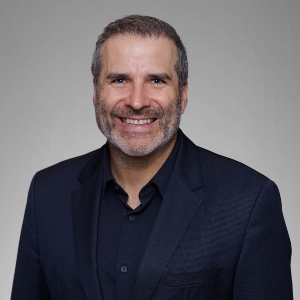- This event has passed.
Harnessing AI and Real-World Evidence to Advance Alzheimer’s Screening and Equitable Access

December 5, 2025 @ 10:00 AM – 11:00 AM EST
The approval of new Alzheimer’s therapies has reshaped the landscape of diagnosis and care, driving measurable increases in screening, biomarker testing, and provider engagement. Yet despite this progress, meaningful disparities in access and treatment persist across patient populations.
In this educational webinar, experts will present findings from a recent joint research initiative. The session will explore how AI-driven analysis of real-world data (RWD) can illuminate trends in Alzheimer’s screening, testing, and treatment—and critically, where inequities remain. Given that emerging treatments create opportunities to improve patient care, this discussion will offer a complementary perspective on how the approval of new therapies drives information-seeking among healthcare professionals (HCPs) and creates opportunities for funding and external education.
Ultimately, targeted HCP education influences knowledge, confidence, and clinical practice—underscoring its vital role in improving equitable outcomes.
Attendees will gain practical insights into:
- The impact of new therapies on real-world screening and diagnostic practices
- Leveraging AI and RWE to precisely identify and quantify key disparities across race, gender, and insurance type
- How HCP education and training can effectively close knowledge and practice gaps for more equitable care
- Actionable approaches for Medical Affairs teams to apply these data-driven insights to their own therapeutic areas
Learning Objectives
- Analyze the real-world impact of new Alzheimer’s therapies on screening and diagnostic practices using AI-driven RWE.
- Identify and quantify specific disparities in Alzheimer’s access and treatment across key patient demographics (race, gender, insurance type).
- Evaluate the role of targeted HCP education in addressing knowledge gaps and promoting equitable patient care.
- Develop actionable strategies for applying RWE and AI approaches to illuminate inequities within their own therapeutic areas.





